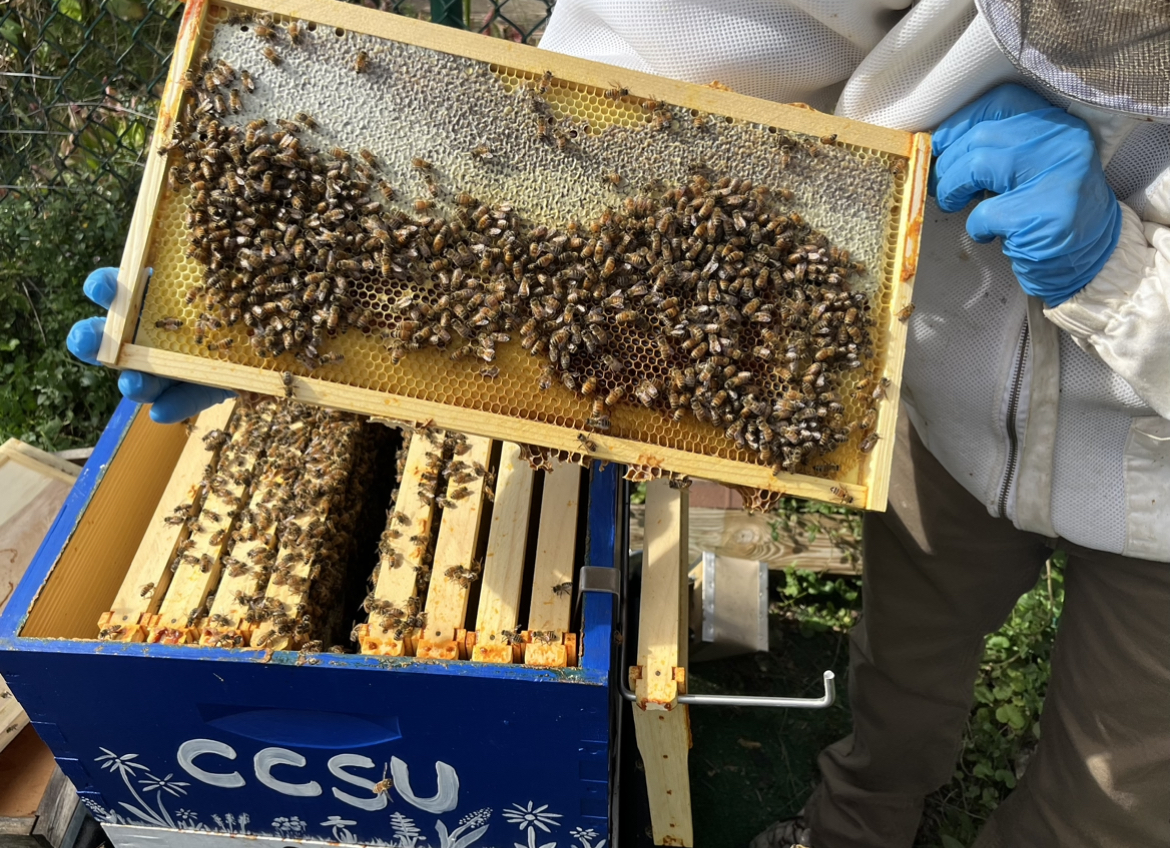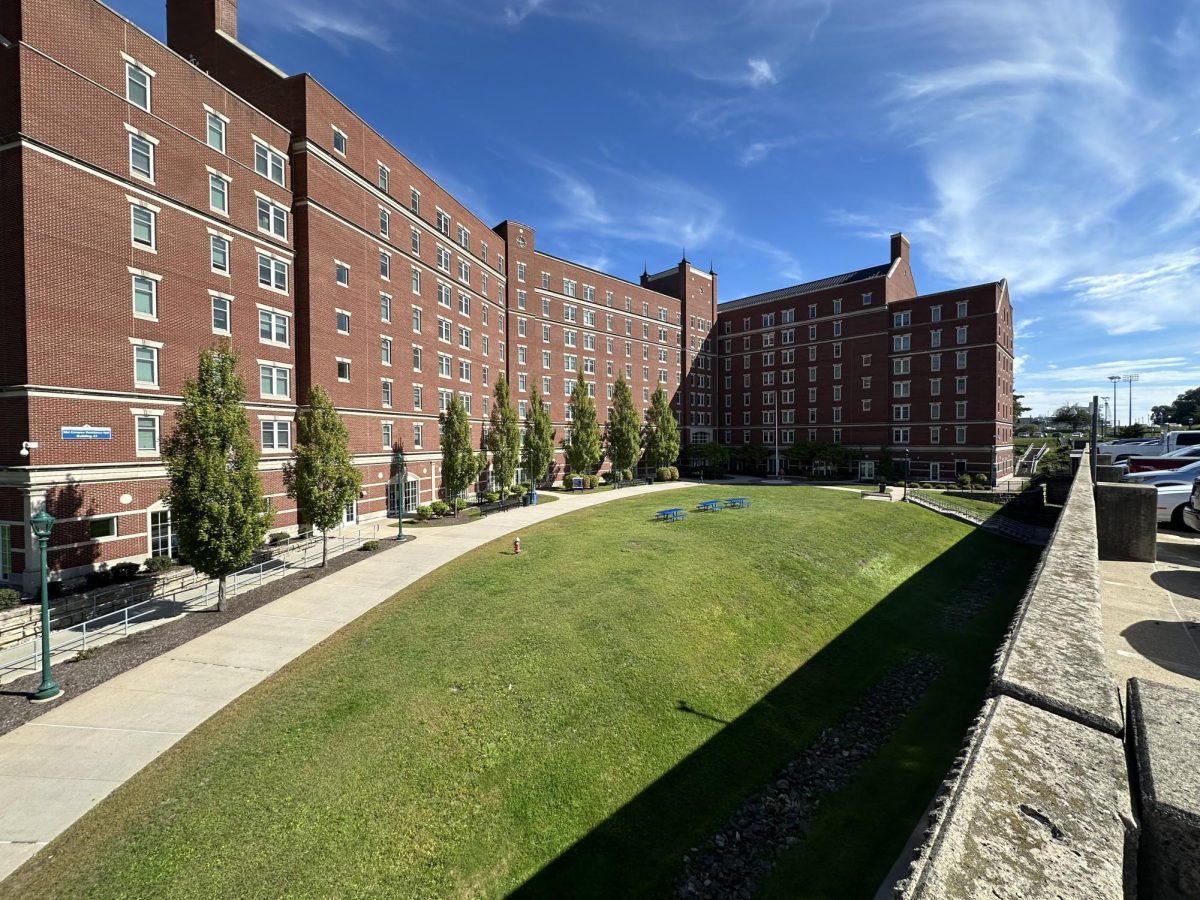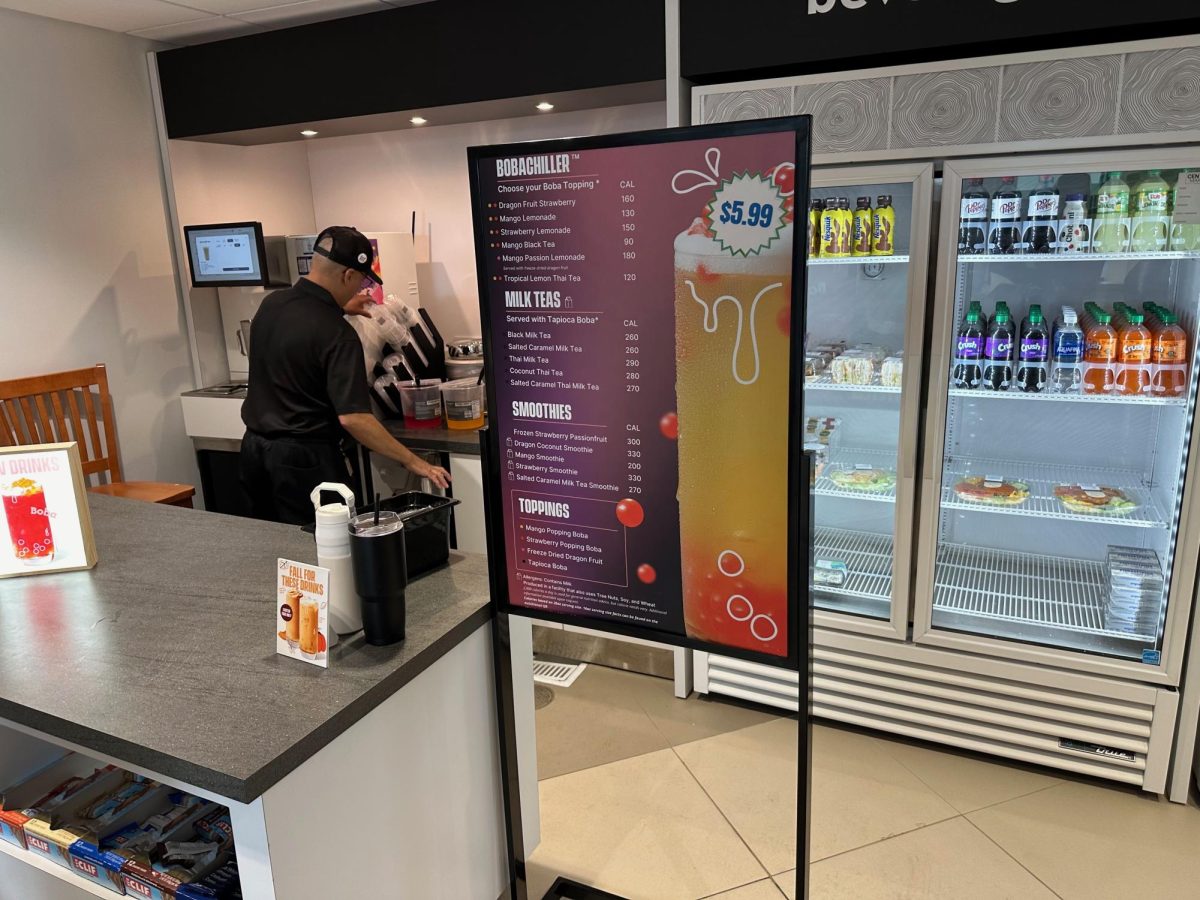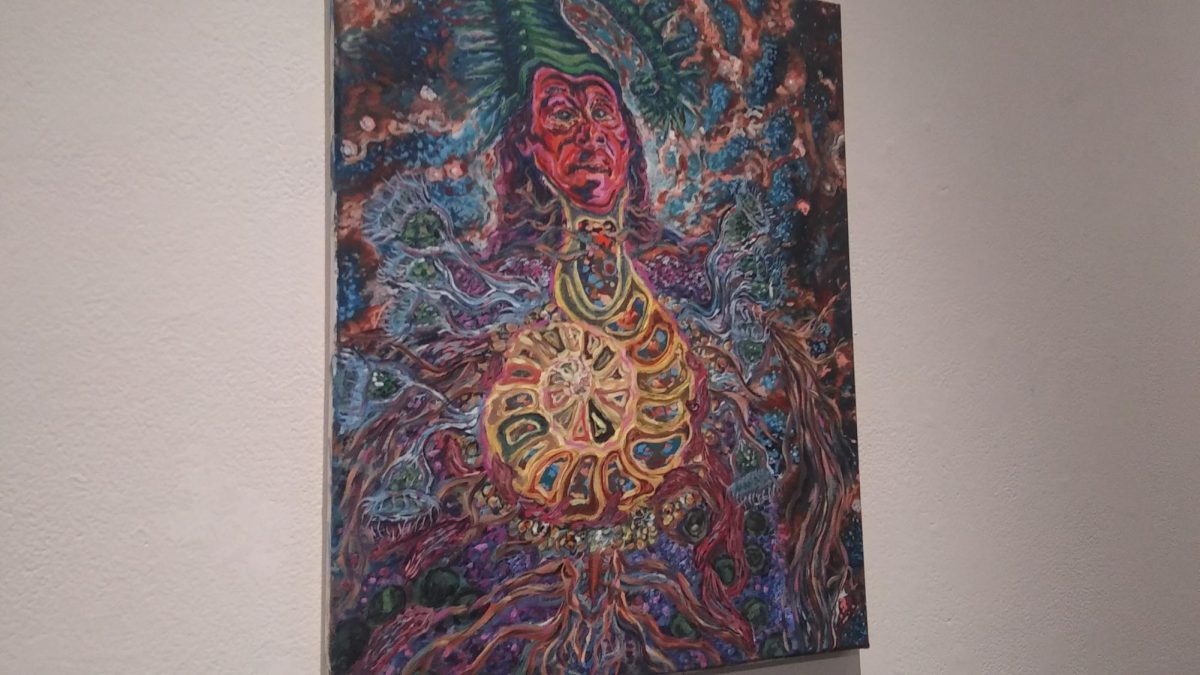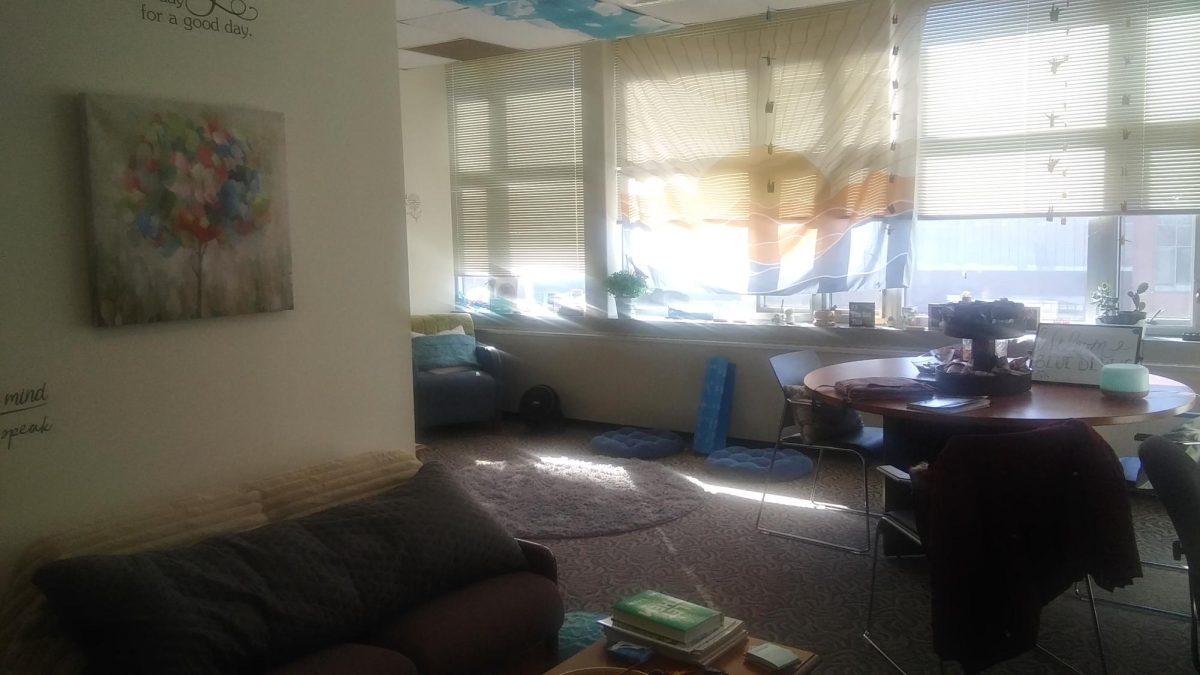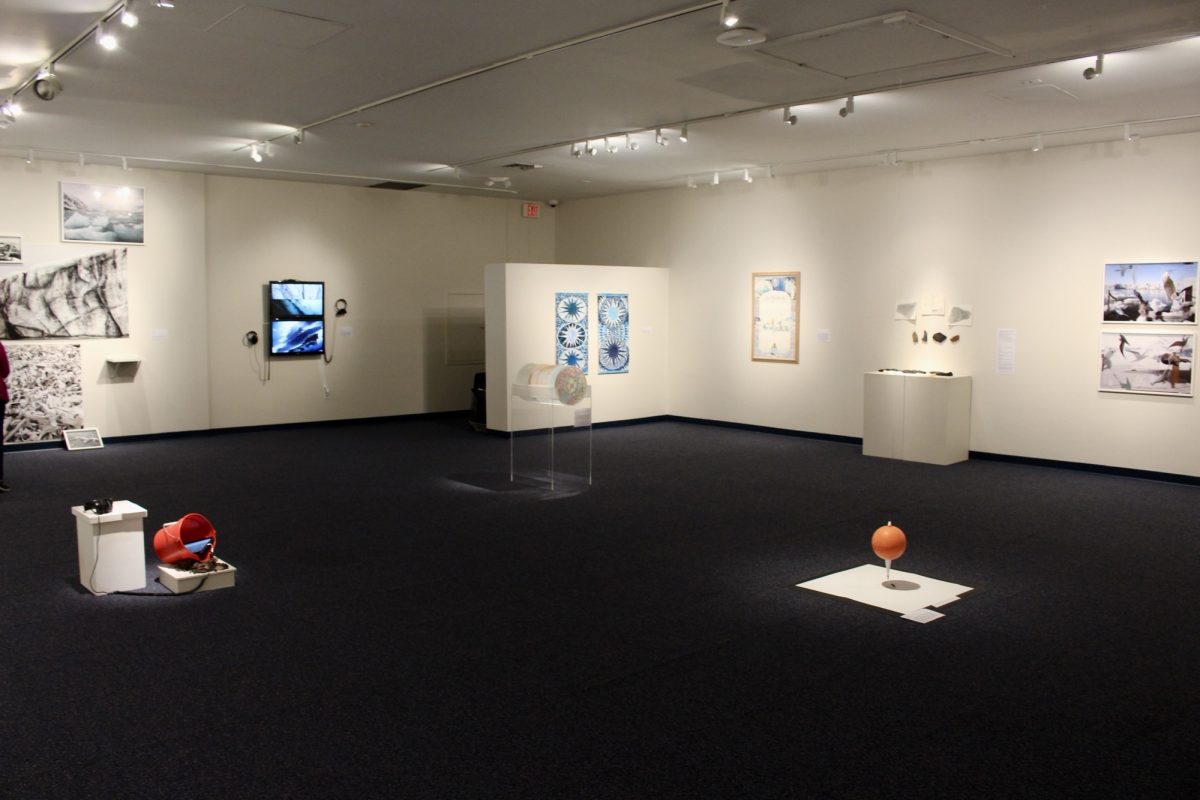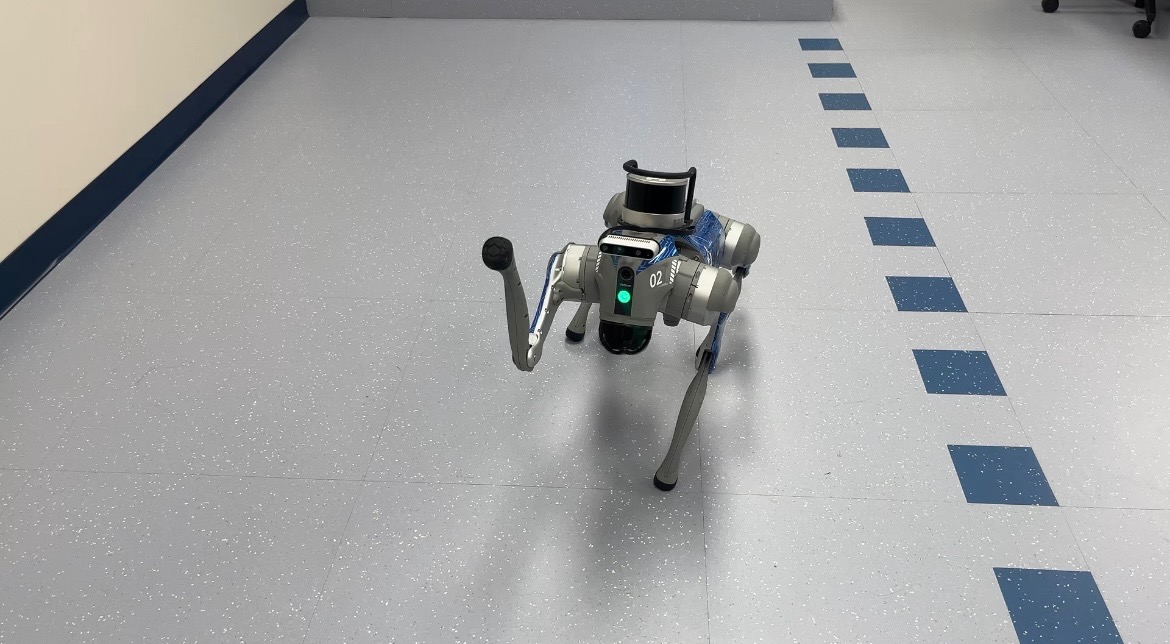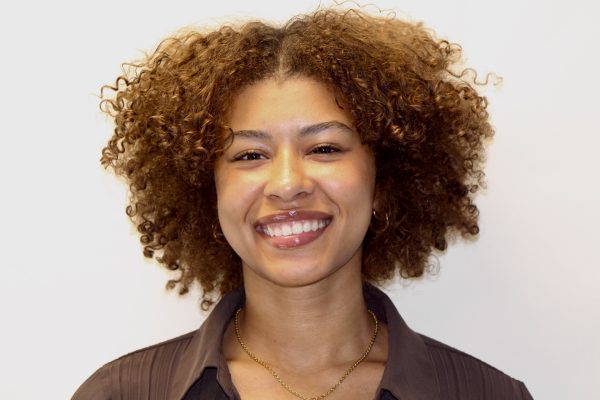Central Connecticut State University has recently implemented a bee apiary into the campus ecosystem to help the university reduce its carbon footprint.
The two beehives in the CCSU apiary were donated by David Serino, the director of Environmental Health and Safety and Cornell University certified Master Beekeeper.
The apiary is kept by Serino and Dr. Alicia Bray, an entomologist and biology professor at CCSU, but they are looking for students to get involved, Bray and Serino said.
Beekeeping is used as a form of therapy due to it’s repetitive, monotonous nature, Bray said.
“You’re forced to be calm,” Bray said. “So, it actually helps with PTSD and that could help any student. Like if you’re feeling stressed, that is one of the benefits of a pollinator club. You can actually have part of this as your routine to kind of force you to get grounded and be calm.”
Serino said he is looking forward to sharing his passion for beekeeping with students to ensure that the apiary is cared for after his time at CCSU.
“I would love to share what I know,” Serino said. “I would love to be able to get younger, passionate, another generation, a new generation of beekeepers.”
Serino donated two hives from his at-home apiary to CCSU this year.
Pollinators, such as honeybees, increase the sustainability of plants. The longer plants are kept alive, the less they need to be replanted, Bray said.
“The sustainability aspect is it increases pollination services,” Bray said. “So we have a lot of landscape on our campus, the flowers, all the plants that we have need to be pollinated. It increases the health of the plants that we just love to look at.”
Honeybees not only enhance the appearance of greenery on campus, they will also increase harvest in the campus greenhouse which is located directly behind the apiary.
“That’s one of the benefits,” Bray said. “So we have grapes, we have, tomatoes, we have, peaches and pears. We have a wide range of, food and this increases our yield.”
Despite the apiary being a new addition to campus, Serino has already noticed an increase in produce from the greenhouse, he said.
CCSU’s apiary is still a few seasons away from being able to extract honey. But, Serino’s at-home apiary has yielded about 200 pounds of honey so far. By next honey-harvesting season CCSU’s apiary will be ready for an extraction, he said.
“They make it through the winter… I mean, there’ll be some honey,” Serino said. “We’ll have some honey for sure. We could get 50 pounds of honey from one of the hives.”
The apiary is also placed near the campus community gardens alongside Copernicus Garage. Bray and Serino said they hope for students to be able to utilize the community garden plots.
“Just being able to take care of a small plot, not only can you grow food, but you can also, reduce your stress and increase school performance,” Bray said. “The beehives right there allow for easy pollination. We can come together as a community and actually just crank this out if we have enough people sign up. And then we can subsequently have people sign up for their own plot. Which I think is nice.”
The gardens have been out of use since the COVID-19 pandemic, Serino said.
“There’s no reason why they can’t be resurrected,” Serino said. “Joe, who’s head of facilities, he can kind of help facilitate getting it cleaned up. If there’s going to be people actually doing it.”
The campus community garden and apiary can be kept by students for them to reap the benefits of them.

